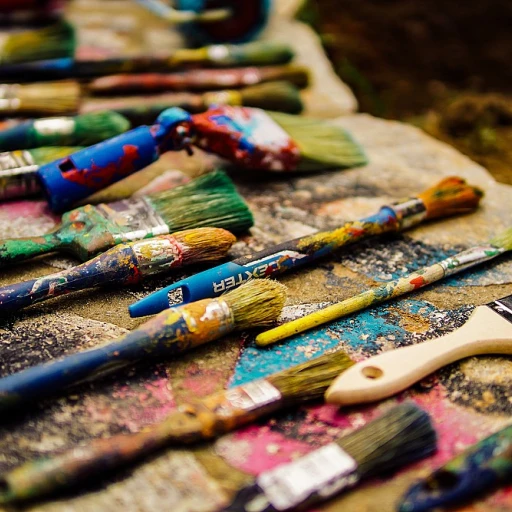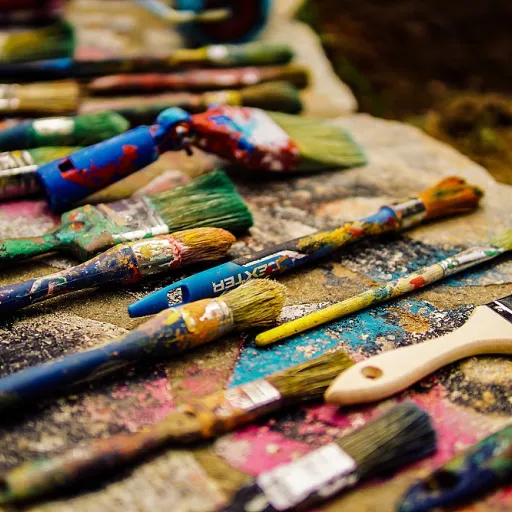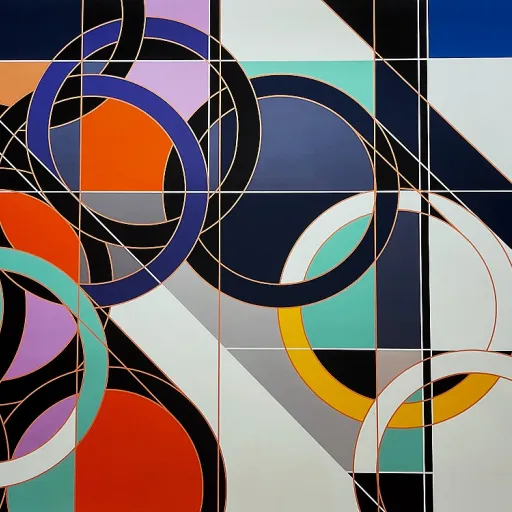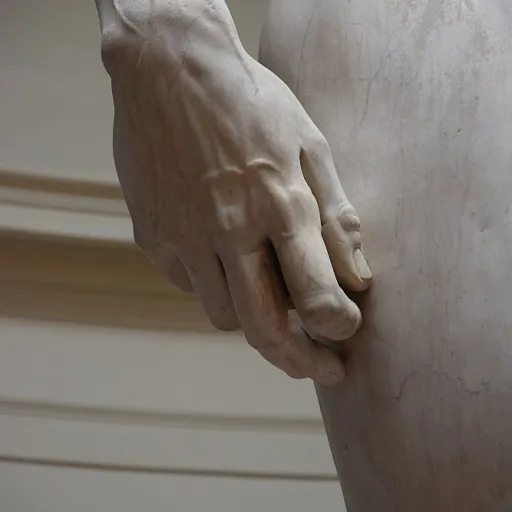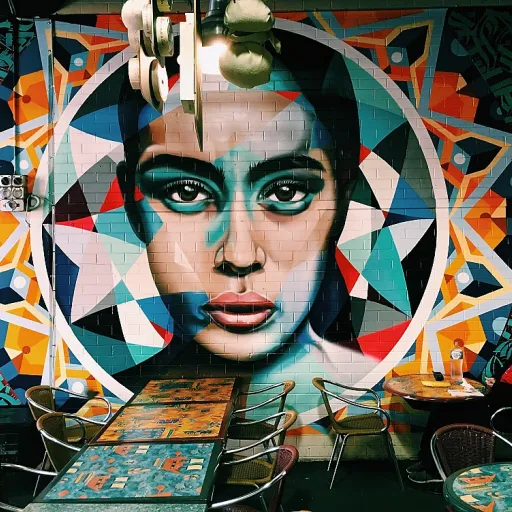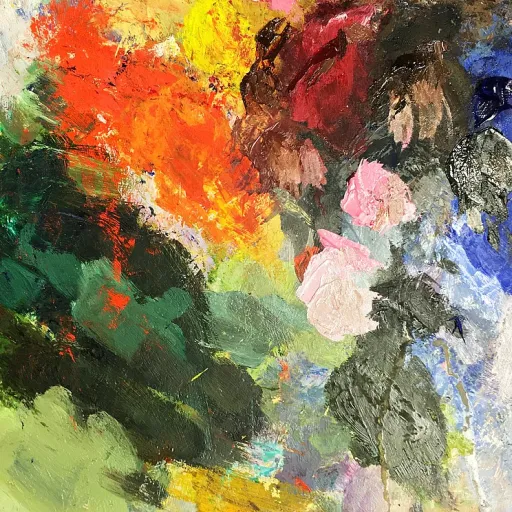-teaser.webp)
Understanding the luxury art consignment market
What Sets Luxury Art Consignment Apart?
The world of luxury art consignment is a unique intersection of fine art, antique treasures, and high-end decor. Unlike typical consignment stores, these specialized galleries and shops focus on original paintings, signed pieces, rare art glass, and even mid century accent pieces. Whether you are looking to sell or consign jewelry, fine art, or collectible items, understanding the nuances of this market is essential for both buyers and sellers.
Why Choose Consignment for Luxury Artwork?
Luxury art consignment offers a curated approach, connecting discerning collectors with exceptional pieces. These shops and galleries often operate near downtown or on central avenues, making it convenient to view and shop artwork in person. The process is designed to be quick and secure, with many stores offering online forms so you can easily submit details about your items. If you are interested in how to explore the allure of 16x16 art prints, consignment galleries are a great place to start your search or to consign your own pieces.
Types of Items You’ll Find
- Fine art paintings, including original and signed works
- Antique and mid century decor
- Art glass and jere metal sculptures
- Jewelry fine and collectible accent pieces
- Wall art and unique glass decor
Many consignment shops also feature rotating exhibitions, so each visit can reveal new treasures. Hours typically run mon sat, and some galleries are open late for special events. When you consign or shop at a reputable art gallery or consignment store, you benefit from expert curation and a network of collectors who appreciate fine decor and investment-worthy items.
Key factors to consider when choosing a consignment shop
What Sets a Luxury Art Consignment Store Apart?
When searching for a consignment shop to sell or consign your luxury artwork, it’s essential to look beyond the surface. The right store or gallery will not only showcase your fine art, antique pieces, or jewelry fine collections, but also protect your investment and reputation. Here’s what to keep in mind:
- Expertise and Reputation: A reputable art consignment shop should have a proven track record in handling original paintings, mid century accent pieces, and fine decor. Look for galleries near downtown or on central ave that are known for their curated collections and knowledgeable staff.
- Specialization: Some shops focus on specific items such as art glass, jere metal sculptures, or signed paintings. Choosing a store that specializes in your type of artwork can maximize your exposure to the right buyers.
- Transparency and Communication: The best consignment stores provide clear consignment agreements, quick responses to inquiries, and regular updates. Whether you consign jewelry, wall art, or glass decor, transparency is key to a smooth process.
- Security and Display: High-end consignment shops invest in secure display cases, proper lighting, and climate control to preserve your artwork. Ask about their security measures and how your items will be presented to potential buyers.
- Location and Accessibility: Shops near art districts, central ave, or close to art gallery hubs often attract more foot traffic and press coverage. Consider hours mon to sat and whether the shop is easy to visit for both consignors and buyers.
- Digital Presence: A strong online platform with features like a view or click to shop artwork, digital catalogs, and easy-to-use forms will save you time and expand your reach. Some stores even offer virtual tours of their gallery or consignment store.
For those looking to find the best art scanning services in your area, digital documentation can further enhance the value and security of your consigned items.
Checklist for Evaluating Consignment Shops
| Factor | Why It Matters |
|---|---|
| Authentication Process | Ensures your fine art or antique is genuine and increases buyer trust |
| Commission Structure | Transparent fees help you understand how much you will save or earn |
| Marketing Reach | Shops with press connections and a strong digital presence attract more buyers |
| Curatorial Standards | High standards mean your items will be displayed alongside other exceptional pieces |
| Privacy Policies | Protects your identity and the details of your consignment |
Choosing the right consignment shop is a crucial step in ensuring your artwork, jewelry, or accent pieces are valued and protected. Whether you’re consigning a single piece or a full collection, a thoughtful approach will help you navigate the luxury art market with confidence. All rights reserved.
Authentication and provenance: safeguarding your investment
Ensuring Authenticity and Tracing Provenance
When you consign or shop for luxury artwork, authentication and provenance are non-negotiable. Whether you’re looking to sell original paintings, fine art glass, or mid century accent pieces, every item’s legitimacy directly impacts its value and desirability. High-end consignment stores and art galleries near downtown or on central ave know that buyers expect more than just a beautiful piece—they want assurance that their investment is genuine and well-documented.
- Authentication: Reputable consignment shops and galleries will require documentation for fine art, antique jewelry, or signed paintings. This may include certificates of authenticity, expert appraisals, or detailed records from previous owners. If you’re consigning, prepare these documents in advance to save time and streamline the process.
- Provenance: Provenance is the documented history of an artwork or item. It’s essential for luxury items, from art glass to jere metal sculptures. A clear provenance not only increases trust but can also enhance the value of your consigned items. Consignment stores often have forms you will fill out to detail the history of your artwork or jewelry fine pieces.
- Transparency: The best consignment shops and galleries are transparent about their authentication process. They may display provenance details on gallery wall labels, helping buyers make informed decisions. For a deeper look at how these labels influence the luxury art experience, explore this guide on gallery wall labels.
Whether you’re browsing a consignment store for quick finds or seeking fine decor for your home, always view the documentation before making a purchase. This is especially important for high-value items like jewelry, original paintings, or rare wall art. If you’re consigning, remember that a well-documented history can help your items stand out and sell faster.
| Item Type | Key Authentication Documents | Provenance Details |
|---|---|---|
| Fine Art / Paintings Signed | Certificate of Authenticity, Appraisal | Previous owners, exhibition history |
| Jewelry Fine / Antique | Gemological Report, Purchase Receipt | Maker’s marks, ownership chain |
| Art Glass / Jere Metal | Artist’s Statement, Gallery Invoice | Gallery exhibitions, press mentions |
In summary, safeguarding your investment in luxury artwork starts with rigorous authentication and clear provenance. Whether you’re consigning or buying, prioritize shops and galleries that value transparency and expertise. This approach will help you build a collection of fine decor and accent pieces with confidence and peace of mind.
How luxury consignment shops curate their collections
How top-tier consignment shops select standout pieces
Luxury art consignment shops are highly selective when curating their collections. The process is not just about filling a store with items; it’s about creating a gallery-like experience where every piece—from original paintings and signed wall art to mid century accent pieces and fine art glass—reflects both quality and exclusivity. Consignment stores often work closely with experts to evaluate the authenticity and provenance of each artwork or antique. This ensures that every item, whether it’s jewelry fine, jere metal sculptures, or rare paintings, meets strict standards. The aim is to offer clients the confidence that what they view or buy is genuine and valuable.- Quality over quantity: Shops prioritize fine decor and shop artwork that stands out, rather than stocking a high volume of generic items.
- Market trends: Curators stay updated on what’s sought after—be it art glass, mid century pieces, or central ave-inspired decor—so the collection remains relevant and desirable.
- Condition and presentation: Items are assessed for their condition. Only those in excellent shape, ready to display in a home or gallery, are accepted. Presentation matters, from the way paintings are framed to how jewelry is displayed under glass.
- Local and global appeal: While some shops focus on art consignment near downtown or central locations, others source globally to offer unique accent pieces and rare finds.
Behind the scenes: The curation process
The curation process is both art and science. When you consign or sell your artwork, the shop’s team will often request detailed information through a form. This helps them assess provenance, value, and fit with their current collection. Some stores even operate by appointment or during specific hours mon sat, ensuring each consignment receives proper attention. A well-curated consignment store is more than just a place to buy or sell; it’s a destination for art lovers seeking fine art, jewelry, and decor that can transform a space. Whether you’re looking to save time with a quick sale or want to view exceptional pieces near you, these shops blend expertise, trust, and a passion for luxury items. If you’re considering consigning, remember that the right shop will not only showcase your artwork but also protect your rights reserved and maximize its value in the marketplace.Maximizing value: tips for consigning your luxury artwork
Strategies to Enhance Your Consignment Experience
Maximizing the value of your luxury artwork when consigning is both an art and a science. Whether you are looking to sell fine art, antique jewelry, or mid-century accent pieces, a thoughtful approach can make a significant difference in your returns.- Choose the Right Consignment Store: Not every shop or gallery is equipped to handle high-value items. Look for an art consignment store or gallery near downtown or central ave that specializes in fine art, original paintings, art glass, or jewelry fine. Their expertise and clientele will help your items stand out.
- Presentation Matters: High-quality images and detailed descriptions are essential. Many stores will press for professional photography to highlight the unique features of your paintings signed, jere metal sculptures, or fine decor. A well-presented item attracts more attention and can command a higher price.
- Understand the Consignment Agreement: Before you consign, review the terms carefully. Pay attention to commission rates, duration, and what happens if your artwork does not sell quickly. Some shops offer flexible hours mon to sat, making it easier to manage drop-offs and pickups.
- Highlight Provenance and Authenticity: Documentation is crucial for luxury items. Providing certificates or records for your art, antique jewelry, or glass accent pieces reassures buyers and can increase value. This ties back to safeguarding your investment and building trust with potential buyers.
- Leverage Store Marketing: Ask how the consignment shop will promote your items. Will they feature your wall art or fine art glass in their window, on their website, or through press releases? The more visibility, the better your chances of a successful sale.
- Stay Involved: Regularly view your items in the store or online. Some shops allow you to click and track your consigned artwork, helping you stay informed about interest and offers.
What to Expect When You Consign
When you consign luxury artwork, expect a collaborative process. The gallery or consignment store will curate your items alongside other fine pieces, ensuring your artwork is presented to discerning buyers. You may be asked to fill out a form—this will save time and clarify details about your items. Remember, original paintings and unique decor pieces often attract collectors looking for something special to enhance their space. If your artwork is displayed near other high-end items, such as jewelry or mid-century glass, it benefits from the elevated context. Stores with extended hours mon to sat or those located near central ave or downtown tend to attract more foot traffic, increasing your chances of a quick sale. Finally, always confirm that your rights reserved are respected in the consignment agreement, especially for signed paintings or limited-edition art glass. This ensures your intellectual property is protected throughout the process.Navigating privacy and security in high-end art consignment
Protecting Your Privacy and Securing Your Investment
When consigning luxury artwork, privacy and security are paramount. High-value items such as fine art, antique jewelry, and original paintings signed by renowned artists attract attention, making discretion essential. Whether you are looking to sell a rare art glass piece or consign mid century accent pieces, understanding how a consignment store manages confidentiality and safety can make all the difference.
- Private Consultations: Many reputable art consignment shops and galleries offer private appointments. This ensures your items—be it jewelry fine, jere metal sculptures, or wall art—are evaluated discreetly, away from the public eye. Ask if the shop artwork viewings are by appointment only, especially for high-value pieces.
- Secure Storage: Fine decor and art consignment stores near downtown or on central ave typically have advanced security systems. Look for stores that provide climate-controlled storage and insurance coverage for your items. This is crucial for preserving the condition of paintings, art glass, and other delicate accent pieces.
- Data Protection: When you fill out a form—whether it’s a quick online inquiry or a detailed consignment agreement—ensure the store’s privacy policy is robust. Your personal information and the details of your consigned items should be handled with strict confidentiality. Reputable galleries and consignment shops will never share your data without consent.
- Discreet Marketing: Some sellers prefer not to have their items widely publicized. Ask if the gallery or consignment store can market your fine art or jewelry through private networks or exclusive press releases, rather than public listings. This approach can save you from unwanted attention while still reaching serious buyers.
- Viewing Protocols: For high-value items, inquire about how the store manages viewings. Many galleries require potential buyers to schedule appointments during hours mon to sat, ensuring only vetted clients can access your consigned artwork or antique jewelry.
Ultimately, the best consignment shops will prioritize your privacy and the security of your items, whether you’re consigning a single piece or an entire collection. Always ask about their security measures, rights reserved policies, and how they handle both in-store and online transactions. This attention to detail will help you consign with confidence, knowing your investment is protected every step of the way.



